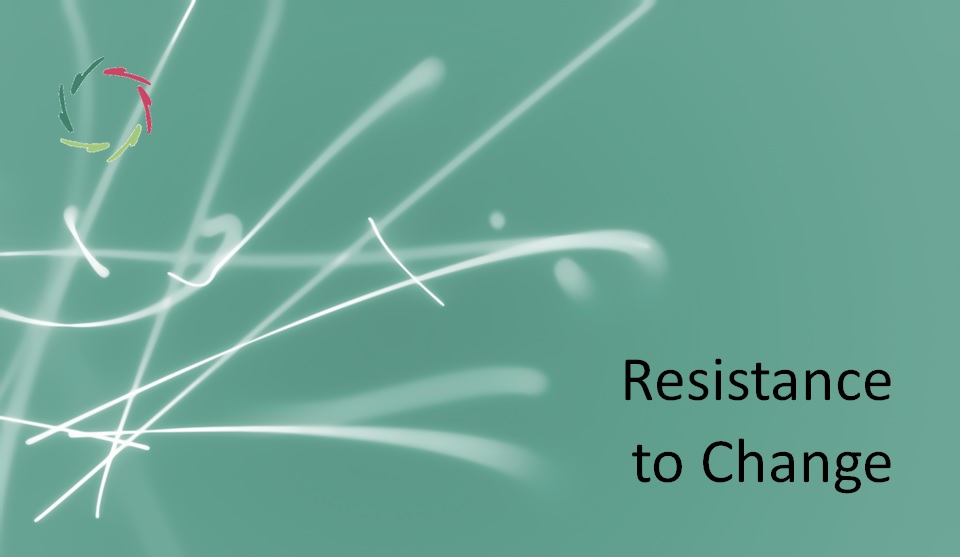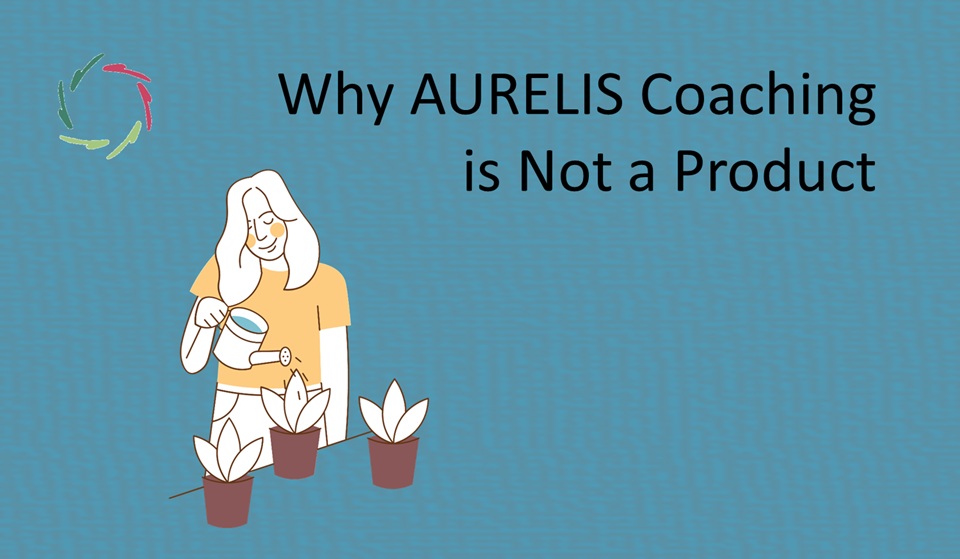Concretely

This may not be the most accessible text for some. It’s a short invitation to think abstractly about concreteness ― its importance and possible pitfall in matters of the mind.
The general idea of this text in five bullet point
- We have a natural propensity towards concreteness. “Animals don’t philosophize.’
- On the positive side, this leads us towards conceptually objective thinking.
- However, mere-ego (only seeing the outside of things) is prone to hijacking this propensity for the sake of a sense of direct control.
- Through this, everything related to ‘depth’ is at risk of getting demeaned or lost in many domains, including healthcare.
- Alternatively, concreteness can be found in-depth ― an aim of AURELIS coaching.
‘Concrete is King’ in nature
To animals, survival depends on concrete circumstances. They have little use for philosophy. Rather for matters such as to eat, starve, or be eaten; to procreate or not.
Human beings may act differently, but we are still nature in the deeper, non-conscious mind. This leads to a propensity for concreteness, also in ways where one doesn’t immediately look for it.
For instance, in placebo. [see RG: “The Placebo Effect: How the Subconscious Fits in”] People naturally look for ‘anything concrete,’ which makes them vulnerable to finding it even if there is no sense in anything concrete. This is, when what is genuinely happening can best be understood psychologically. For example, regarding COVID, people see the vaccine but not its possibly huge true placebo side.
Much more generally, humanly
One can see nature’s experiment in the human being as a quest towards bringing concreteness to a higher level ― being the conceptual level. Thus, we work in mind with concepts and gain a new level of control over circumstances through this. You can look around at the many things this has made possible.
Concepts are in mind what objects are in matter. One can build castles with both within their respective worlds.
But the mental world is not a closed world.
A closed world is one in which concepts have enough modularity to be optimally valuable as such, consistently.
This is mostly no problem in a mechanical environment, with concepts denoting instruments and things upon which one can afford to use these instruments towards big gains.
It is much more difficult in human mind affairs. In this, we are seduced to use concepts in the same way, but they don’t fit so well. For instance, we work with mental diagnoses even while they don’t really make sense. [see: “Do Mental Diagnoses Make Sense?“]
So, what to do in mind affairs?
Following a conceptual recipe from A to B to C may seem most concrete if A, B and C are concrete. Following any conceptual recipe, A, B and C are necessarily applicable in different circumstances. In order to be so, they are abstracted. Thus, in the here and now, A, B and C are always more abstract than reality.
With exaggeration, this is as if one uses empty boxes ― surely concrete from the outside, but concretely empty at the inside. [see: “Empty Boxes“]
Concrete = controllable
This is correct in any case. Concrete from the outside is controllable from the outside. Concrete from the inside is controllable from the inside. However, one can quickly lose the one control for gaining the other.
In this sense, ‘losing control’ may be needed to gain control. As a consequence, it’s essential to choose the right kind of concreteness.
In AURELIS coaching
AURELIS Coaching is an excellent example to show the importance.
Here, truly ‘concrete’ is what happens between coach and coachee at any specific moment in time. What’s important doesn’t happen in a conceptualized world.
In describing what happens in and while coaching, language should be used as precisely as possible, yet at the same time as poetically as possible. Otherwise, concreteness gets lost, not gained, and so does any worthwhile efficacy.
A general insight into this is of huge importance to humans and humanity.


